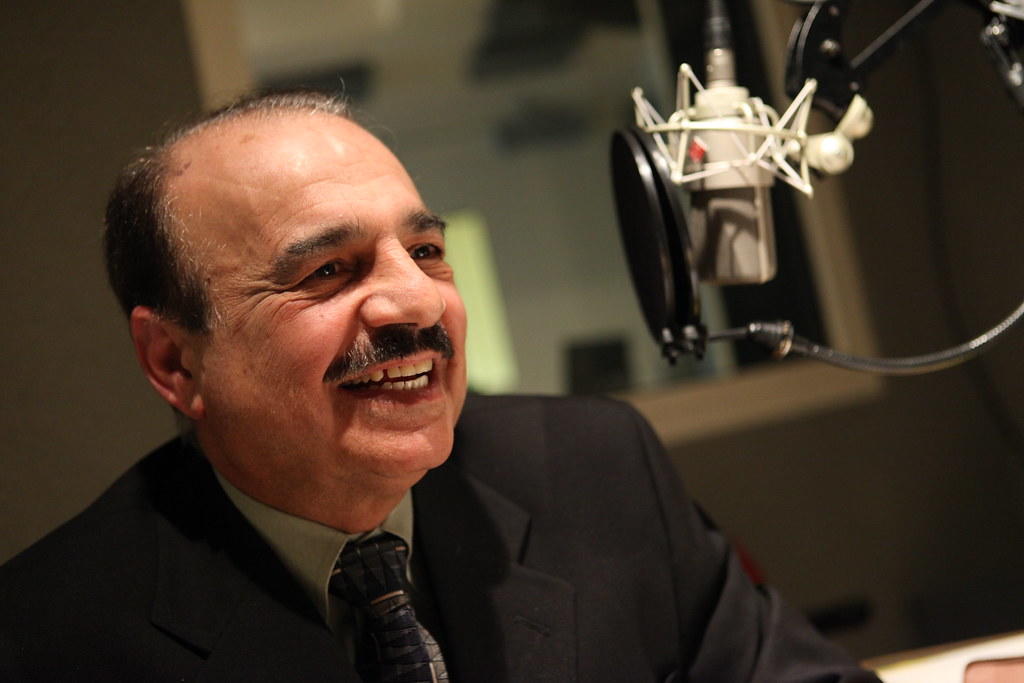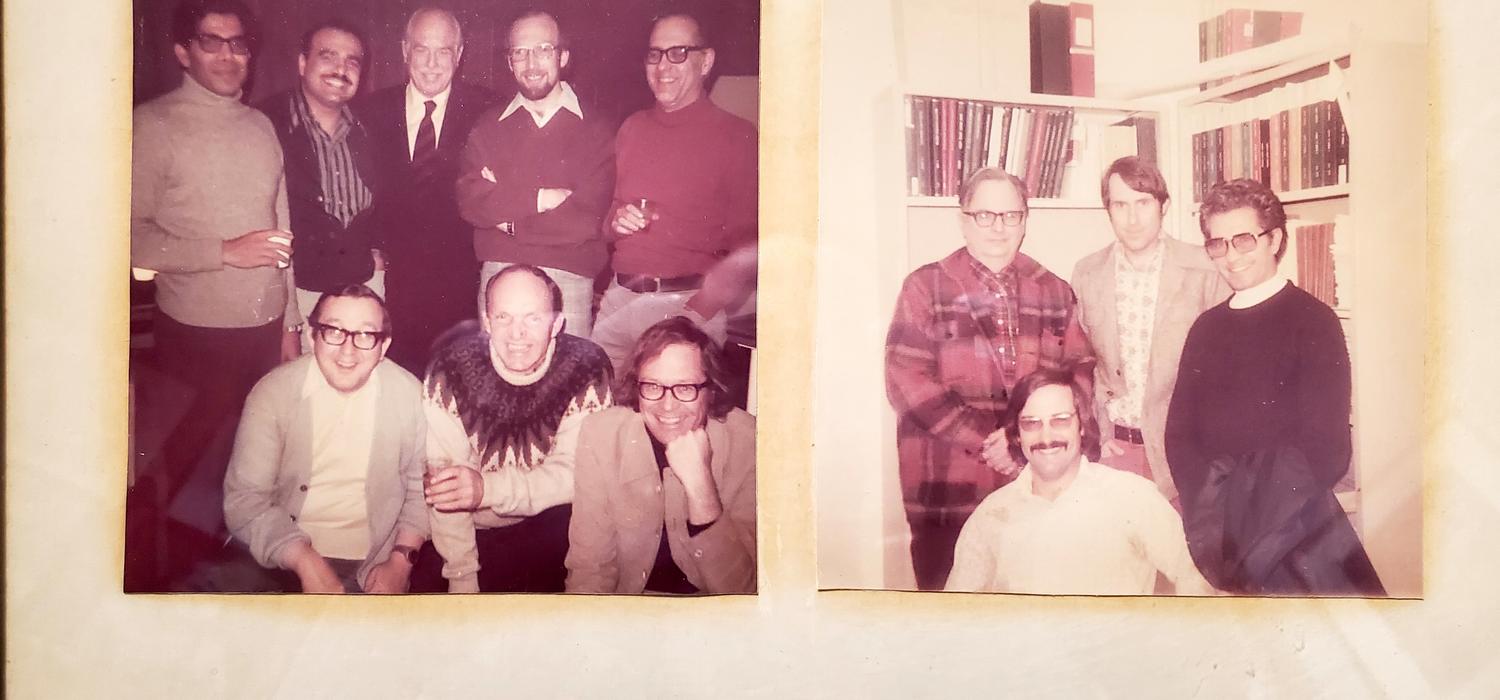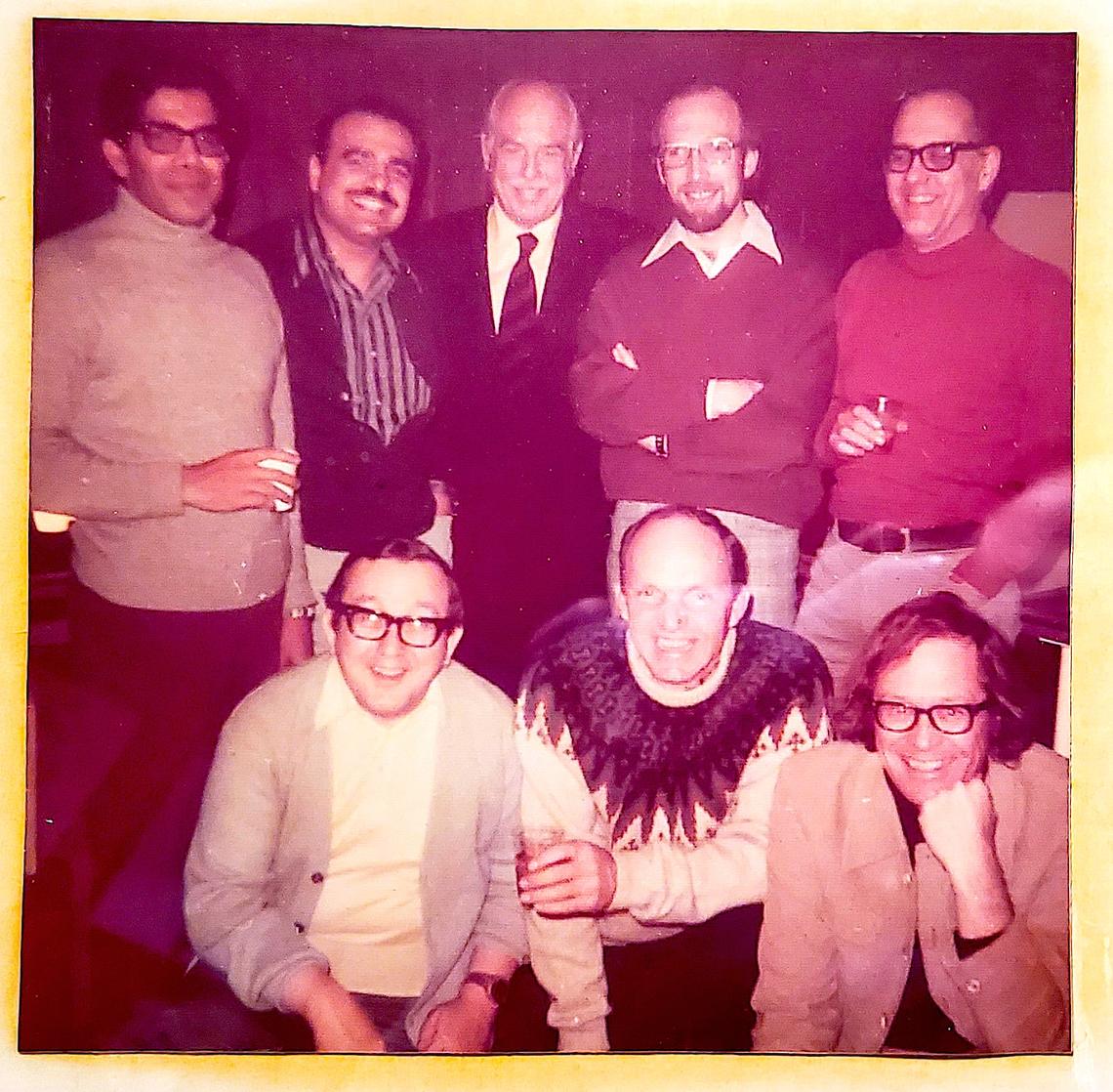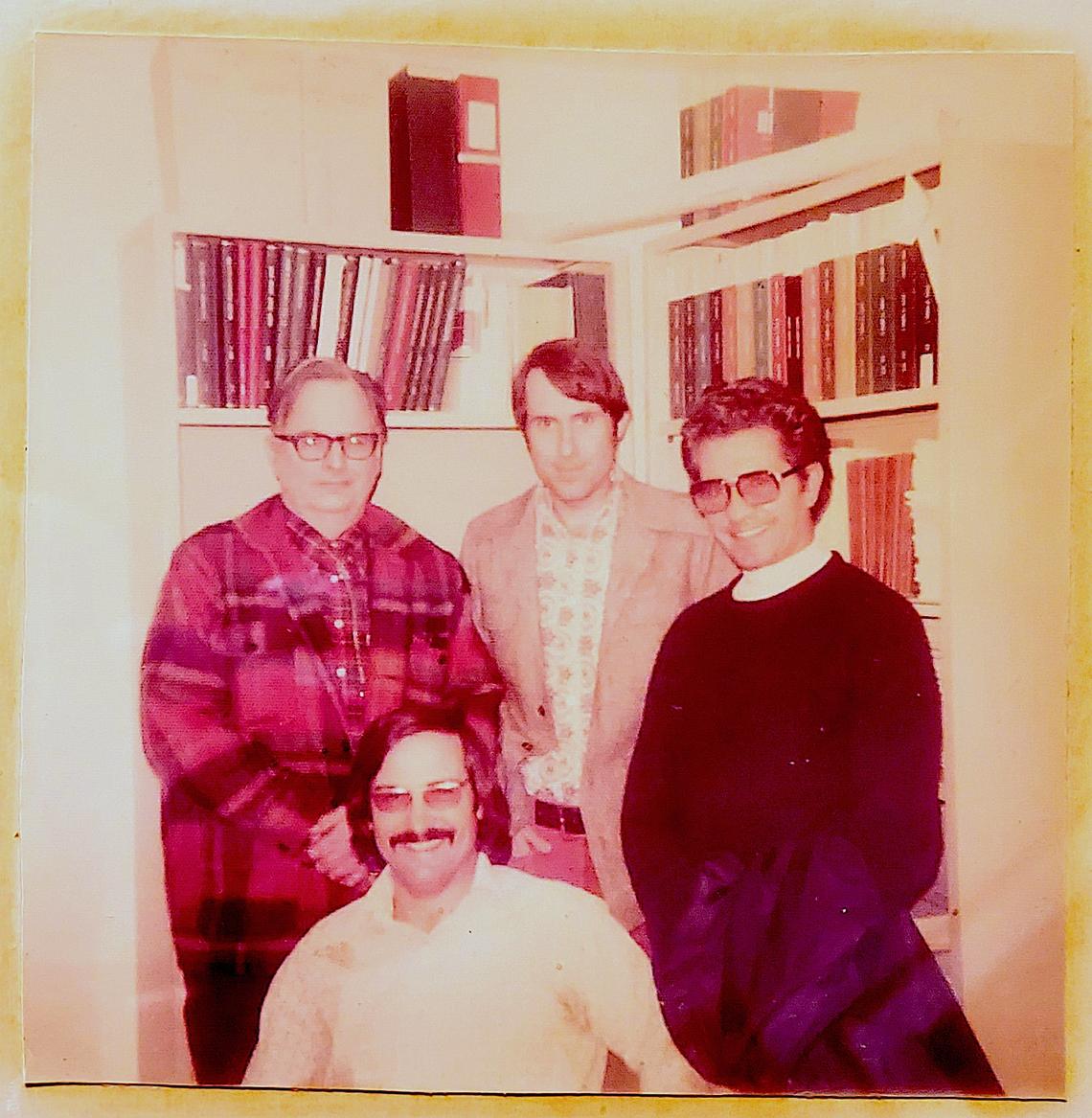
Aug. 10, 2021
UCalgary Political Science interviews our colleague Dr. Tareq Ismael

Dr. Tareq Ismael is a Professor in the Department of Political Science at the University of Calgary.
Your work is broadly on the Middle East, foreign policy, and place of socialist and communist movements in the region. How did you become interested in these areas?
My early work focussed on African political movements. That was in the late 1960s and early 70s and African states were emerging from the shackles of colonialism. At the same time, the Cold War between the US and USSR was at its height and the positive neutrality movement led by Nehru of India, Tito of Yugoslavia and Naser of Egypt came to the fore. My PhD education at George Washington University focussed on theories of International Relations with emphasis on American Political Institutions and Processes. So my research attention turned naturally to international Affairs. As I am totally fluent in Arabic and found this skill seriously lacking in Western scholarship on the Middle East, my research interests concentrated on ideological movements in the region in my effort to address a gaping void in the research literature.

Can you tell us about the research projects you have been working on?
My current research, funded by a SSHRC grant, focusses on political activism at the local level, tribalism at the national level, and imperialism at the international level. This research project reflects a continuous stream of inquiry I have been absorbed with since the First Gulf War (1990–91), all funded by SSHRC grants. In addition, since the initiation of my career, I have studied the kaleidoscope of national politics in the Middle East. In fact, my first book was Government and Politics of the Contemporary Middle East, published in 1970. I have continuously revised and updated this topic, and am currently working on the seventh edition. I also have eight books on the international relations of the Middle East. Most of my books, more than two dozen, have been published by university presses.

Department of Political Science, 1975. From back left: Anthony Parel, Tareq Ismael, Burke Inlow, Roger Gibbins, Eugene Dais. Front row: Stanley Drabek, Mark Dickerson, John Woods.
As you mention, you have over 20 academic books to your name. Any advice for young (and not so young!) faculty members on maintaining productivity with all the distractions of a young family, teaching, supervisions and all the rest that goes with the life of an academic?
My advice to young faculty is to give priority in your career to scholarship. Admittedly I came of age academically in the “publish-or-perish” era, and times have changed. Nevertheless, at my age I can attest that scholarship has its own rewards. Administration may be sexier in the short run, but scholarship is indeed more fulfilling in the long run. On an important aspect of living, family may seem like distractions but have to be given priority, attention and care as it is the foundation without which you cannot build your career. I can assure you that you will not regret it in the long-run as I speak of experience.

Department of Political Science, 1975. From back left: Frank MacKinnon, Tom Flanagan, J. Borys, Karl Friedmann (front centre).
Finally, your academic journey has taken from your undergrad degree in Baghdad University, to your PhD at George Washington University, to a long career at the University of Calgary. Can you tell us a bit how you got from there to here?
My journey from Baghdad to Calgary has been circuitous. Following my undergrad education in Baghdad, I pursued an MA and PHD in the US. My first full-time teaching position was in Chicago. Following completion of my PhD in Washington, DC. I took a teaching position in Washington State University. From there I was recruited by the University of Calgary in 1969 and have been happily ensconced here since. Calgary was a small town then and the University a young and exciting academic environment. The Department of Political Science had a strong diverse core in International Relations.
Thanks to Dr. Tareq Ismael for sharing with us!
To learn more, visit Dr. Tareq Ismael’s profile on the University website.
